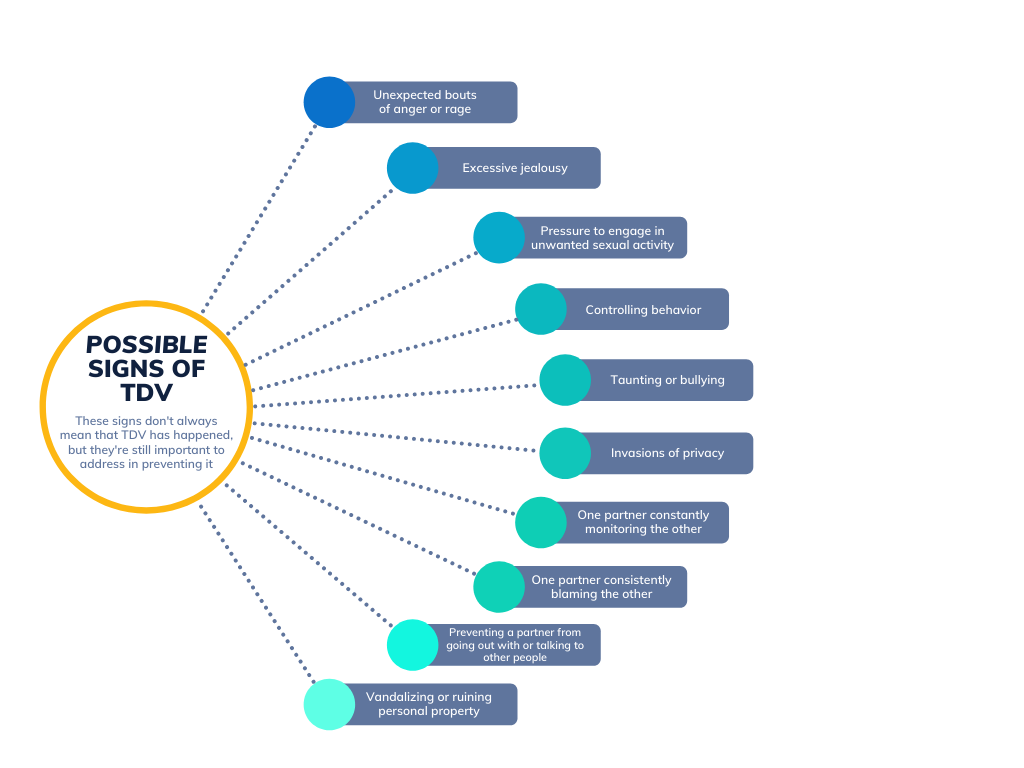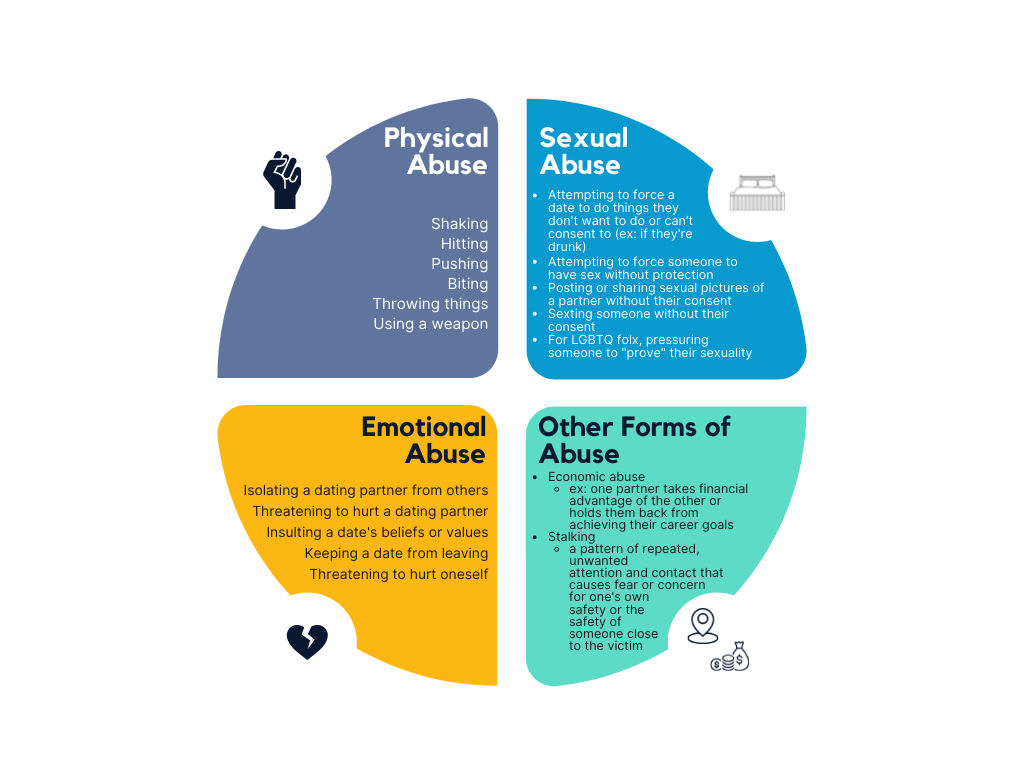
Recognizing Violence in Teen Dating
February is National Teen Dating Violence Awareness Month
With Valentine’s Day in the rearview mirror, many still look forward to sharing a day or evening connecting, romancing, and enjoying their partner or date. But for some, this winter holiday brings the cold even deeper as they suffer in violent and isolating relationships. While intimate partner violence (IPV) affects virtually all groups of people, statistics from the Department of Justice show that girls and young women between 16 and 24 years old experience almost triple the national average of IPV—the highest in the country.
So it seems fitting that, more than a decade ago, Congress established February as Teen Dating Violence Awareness Month. With 33% of teens and twenty-somethings experiencing teen dating violence (TDV) and 81% of parents either believing that TDV is not an issue or not knowing whether it is, the purpose of this month is to raise awareness of the problem, how to recognize it, and what can be done about it.
possible signs of teen dating violence
It’s important for teens to know and recognize the signs—often, they are the only ones who can see them. The infographic below lists signs of possible TDV. These are signals that support is needed, whether to stop TDV or to prevent these behaviors from escalating into it.

The next infographic represents clear abuse. If any of these behaviors have happened, it is very important to discreetly seek support. Studies show that abusive behaviors such as these are more likely to increase as time goes on:

If you think that you or someone you know (female, male, trans, nonbinary, etc.) has experienced the above, you can utilize the resources at the end of this article to get personal support (whether you’re a victim, a friend, or just confused and not sure what to think). These resources are also there for people who are concerned that their own behavior might be abusive or are worried that it could escalate. The mission of the groups represented below is to help, not to shame.
- Do relationships really take “work”? Yes, but this article from Love Is Respect helps distinguish what kind of work it is and how it looks in practice.
- Need to talk to someone?
- The National Domestic Violence Hotline provides support, crisis intervention information and referral services in more than 200 languages.
- Call 1-800-799-SAFE (7233)
- Text “START” to 88788
- Chat at thehotline.org
- Love Is Respect provides highly trained peer advocates to offer support and information.
- Call 1-866-331-9474
- Text loveis to 22522*
- Chat at loveisrespect.org
- The Texas Advocacy Project provides free legal help for Texans facing various forms of abuse.
- Find out what you need to know before you call and what to expect on the call.
- Call the hope line at 800-374-HOPE (4673)
- The National Domestic Violence Hotline provides support, crisis intervention information and referral services in more than 200 languages.
Need to process from an abusive relationship? Or is it time to get support in addressing red flags? Find a Lifeologie specialist near you to help you learn to build and nurture safe and healthy relationships.

About Lifeologie
Lifeologie Counseling was founded in 2000 with one goal in mind — to bring a fresh, innovative approach to the everyday problems of life. Creative solutions to stuck problems®. With our unique multi-specialty, collaborative approach, Lifeologie Counseling helps individuals and families heal their wounds and break out of old, unhealthy patterns.




